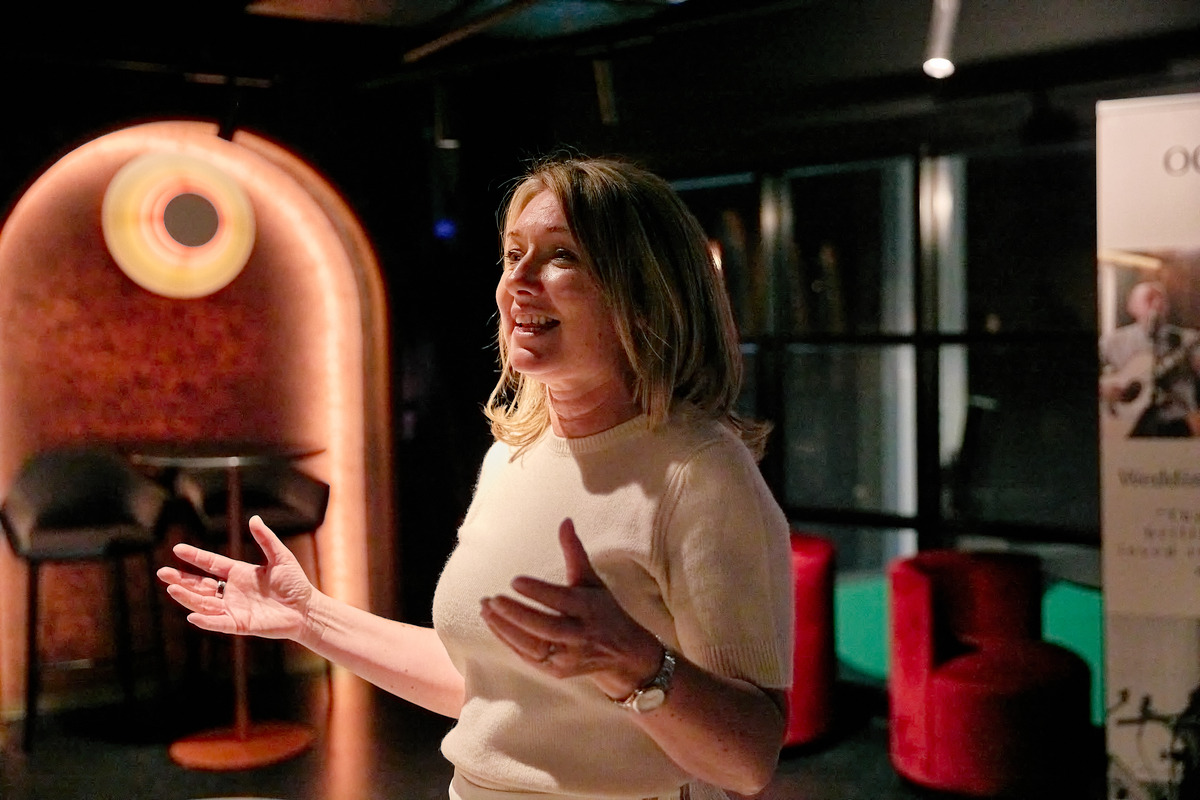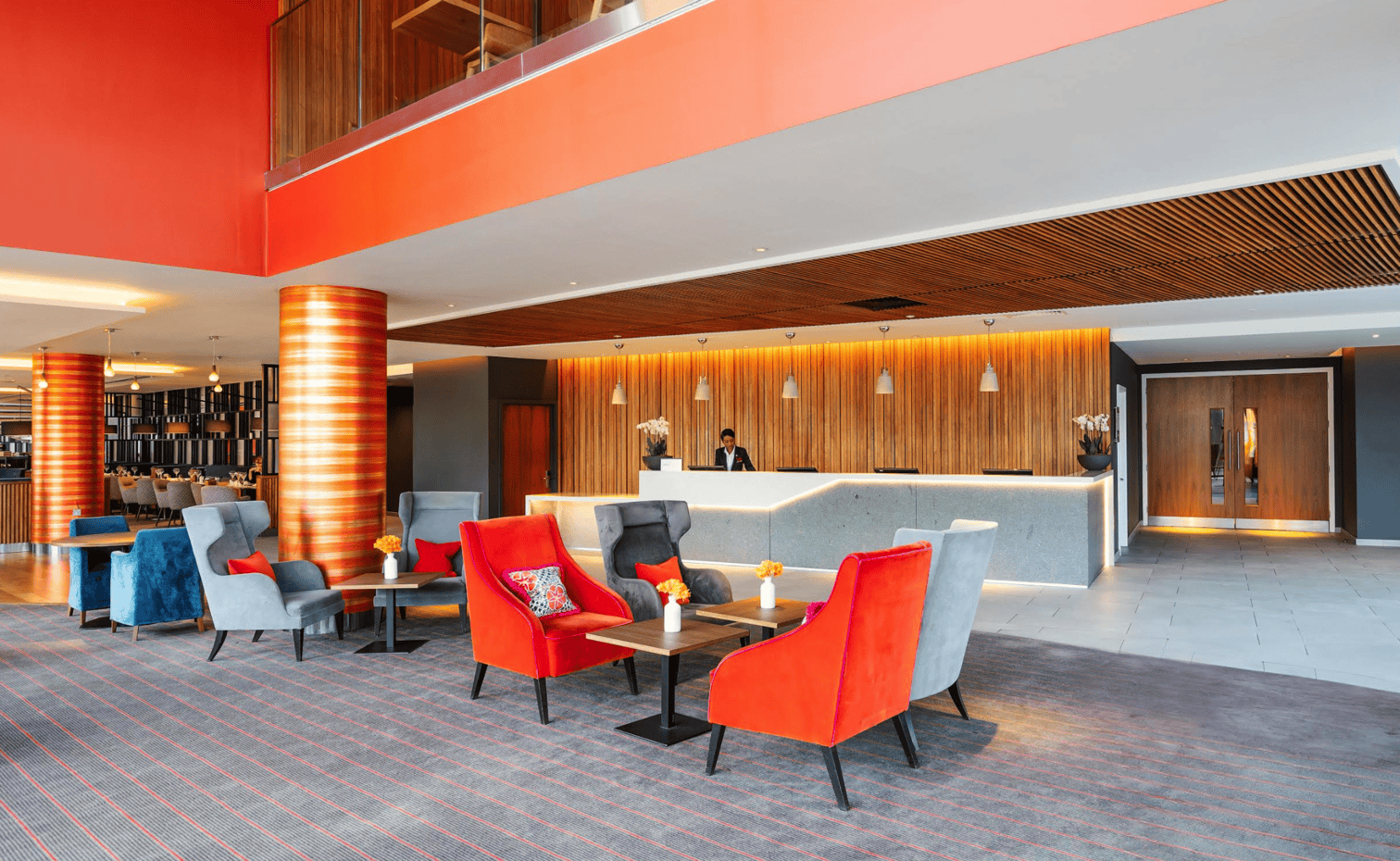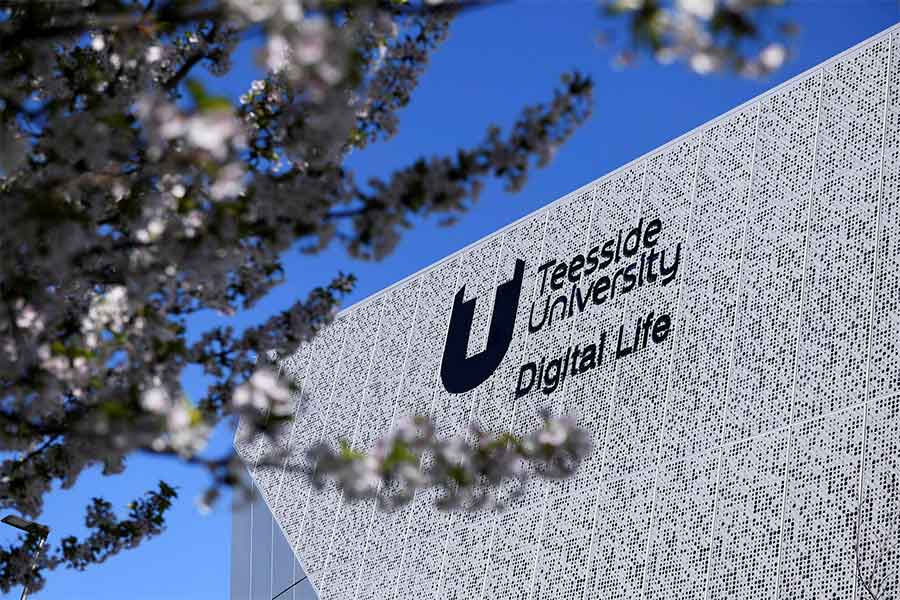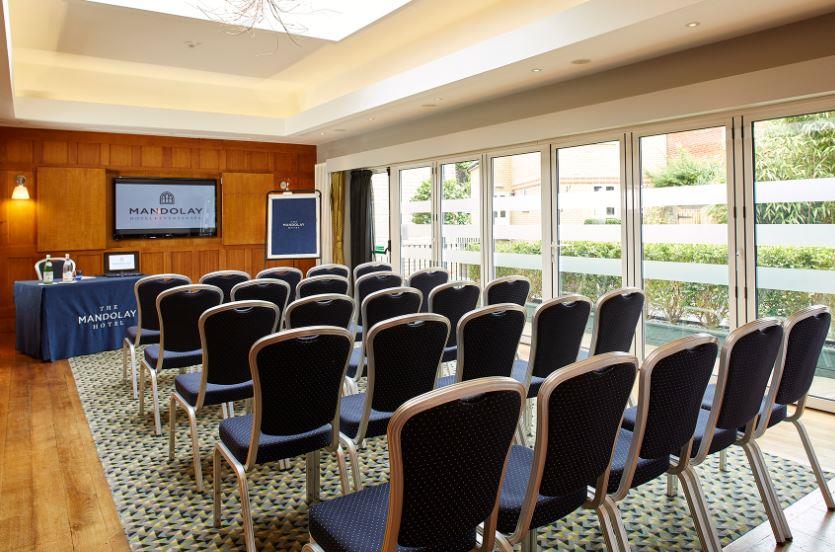The International Convention Centre, Birmingham, is taking a leading role in a project to reduce carbon dioxide emissions and energy costs in the city centre.
A combined heat and power generator (CHP) has been installed at the venue, which produces both heat and electricity, while operating almost twice as efficiently and creating less CO2 than other forms of generator.
Capturing the excess heat created in the production of electricity, the CHP generator converts it into useful energy for heating, which can then be piped to other buildings in the area – including The National Indoor Arena, Town Hall and Rep Theatre.
ICC general manager Geoff Fenlon said: “More than ever, conference organisers and delegates are searching for venues that have systems like this in place. Carbon-neutral housing projects use this sort of generator system, and I am proud that the ICC is taking such a prominent role in this scheme. We will continue to work on other initiatives, such as the Green Roof, that help the ICC and the NEC Group reduce its carbon footprint, and highlight Birmingham and its businesses as being environmentally conscious.”
The project is being designed, built, financed and operated by Utilicom, the UK's leading provider of District Energy Schemes, on behalf of Birmingham City Council. "The ICC is to be congratulated on its commitment to playing such an important role in this project which will deliver environmental and financial benefits for the city of Birmingham," said Utilicom's chief executive, Simon Woodward.
The generator is being installed as part of the Broad Street District Energy Scheme, which aims to reduce carbon dioxide emissions in the city centre by 20% over the next four years. The project is scheduled to be fully operational by 1 October 2007.







